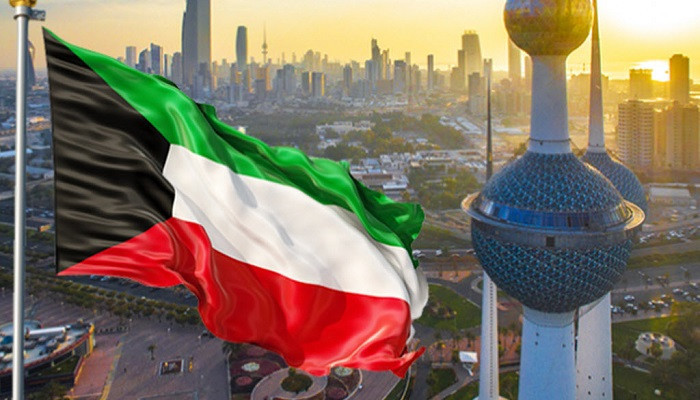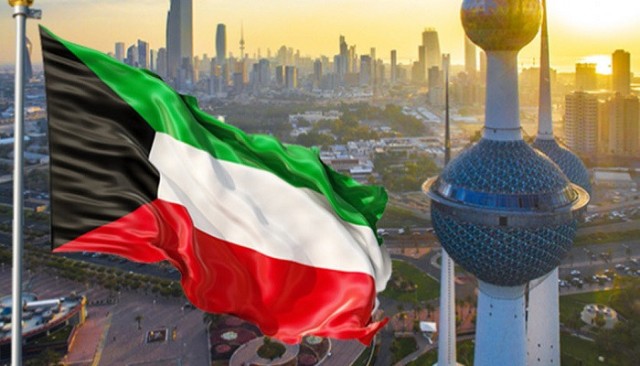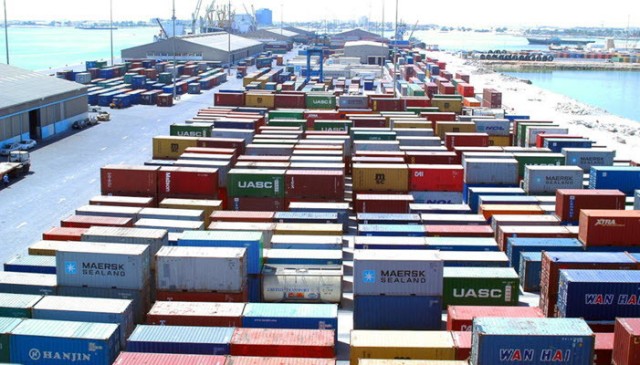Med magazine said that government agencies in Kuwait are about to start the first steps of financial reform, by reducing their expenses by 10%, after Kuwait recorded the largest deficit in the history of Its budget during the fiscal year 2020-2021, which amounted to about 10.8 billion dinars.
The Cabinet had instructed ministries and government agencies to reduce spending by at least 10%, in light of the deficit rising by 174.8 percent in the last fiscal year.
According to the news, the magazine said in an analysis by Finance Editor Neha Bhatia that the Public Authority for Manpower will assess whether to stop financial incentives for nationals working in the private sector. , whose salaries exceed 3,000 dinars, in addition to the incentives for officials working in public institutions in the state, and will review the rents of real estate and state-owned lands.
The Minister of Finance and the Minister of State for Economic Affairs have been instructed to form a governance committee for the country's sovereign credit rating, and to enhance communication and standardization of data with international rating agencies, where the Ministry of Finance will assume the chairmanship of the committee. , which will include members from the Central Bank of Kuwait, the Kuwait Investment Authority, and the General Secretariat of the Supreme Council for Planning and Development.
The ministers also discussed the Central Bank of Kuwait report and heard a briefing from the Secretariat of the Supreme Council for Planning and Development, which highlighted the steps needed to improve Kuwait's sovereign credit rating over the four years. coming.
Kuwait's spending cuts come in the wake of the government's growing budget deficit to 10.8 billion dinars, the highest ever, during the 2020-2021 fiscal year, while the deficit of 5.9 billion dinars, which was recorded in the fiscal year 2015-2016 in the past, is the highest budget deficit in the history of Kuwait.
Revenues for the fiscal year 2020-2021 decreased by 39% to 10.5 billion dinars, while expenses increased by 0.7% to 21.3 billion dinars.
The credit rating agency Standard & Poor's, in July, downgraded Kuwait's sovereign rating to (A+) from (AA-) with a negative economic outlook. The agency attributed this measure to the Kuwaiti budget deficit, the absence of a financing strategy, and the risks that result from the depletion of the assets of the General Reserve Fund.








































